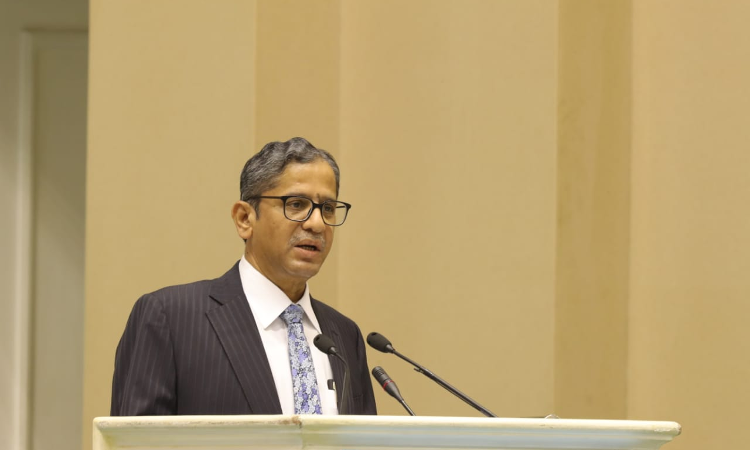Speaking at the Valedictory Function of the Constitution Day Celebrations, the Chief Justice of India NV Ramana on Saturday raised the issue of legislature not conducting studies to assess the impact of the laws it passes. The CJI added that this leads to "big issues".He cited the example of Section 138 of the Negotiable Instruments Act, the enactment of which led to the burdening of...

